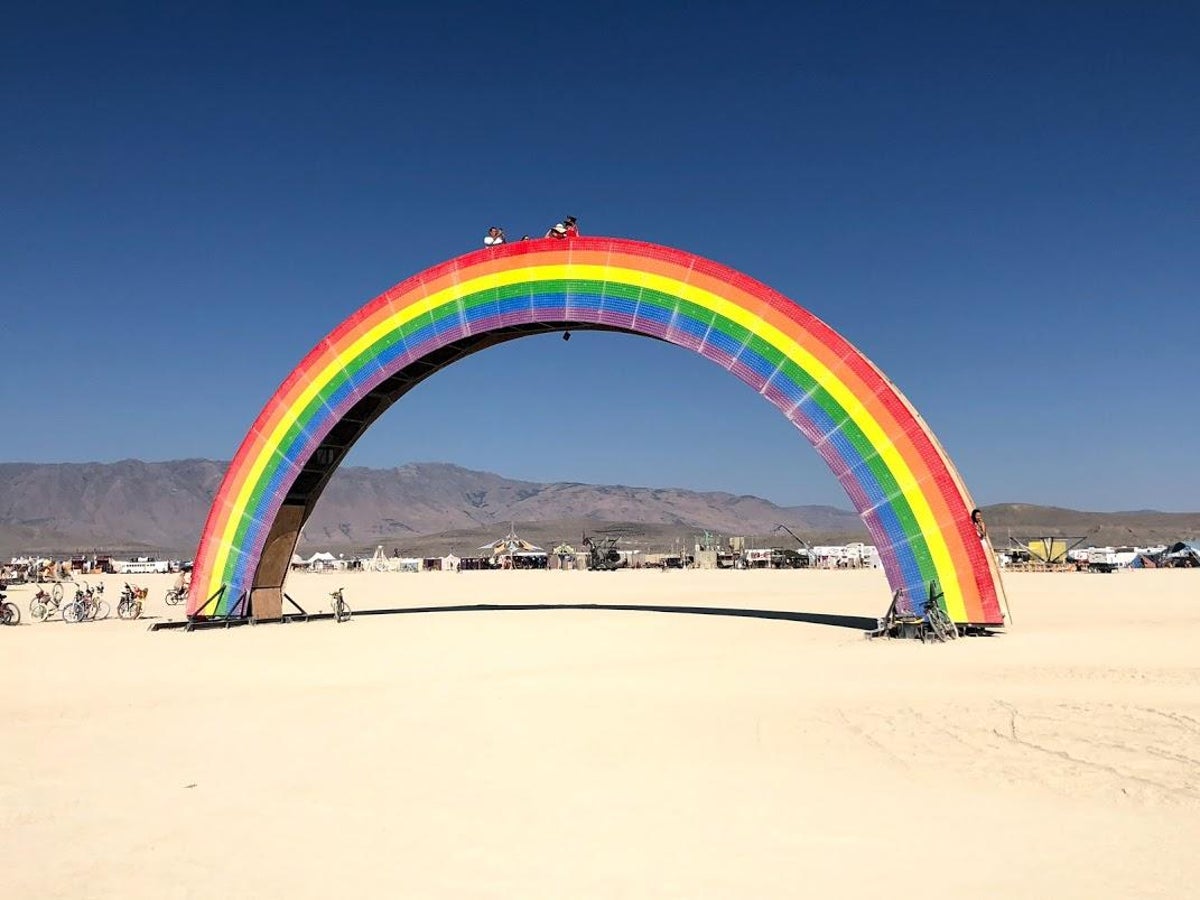OUR ETHOS
Inspired by the Burning Man 10 Principals, we’ve taken a step forward and have also added an 11th principal, consent.
BUILDING A BETTER COMMUNITY
Burning Man co-founder Larry Harvey wrote the 10 Principles in 2004 as guidelines for the newly-formed Regional Network. They were crafted not as a dictate of how people should be and act, but as a reflection of the community’s ethos and culture as it had organically developed since the event’s inception. Inspired by the Burning Man 10 Principals, we’ve taken a step forward and have also added an 11th principal, consent.
RADICAL INCLUSION
Anyone may be a part of Syncytium. We welcome and respect the stranger. No pre-requisites exist for participation in our community. Every person in our community is a valued member.
We are devoted to acts of gifting: giving freely, without expectations of return or exchange. The value of a gift is unconditional. A gift is anything given in this spirit, whether it is a physical item, a service or performance, or something less tangible, such as friendship or companionship. Everyone has gifts to give.
GIFTING
DECOMMODIFICATION
In order to preserve the spirit of gifting, our community seeks to create social environments that are unmediated by commercial sponsorships, transactions, or advertising. We stand ready to protect our culture from such exploitation. We resist the substitution of consumption for participatory experience.
We encourage the individual to discover, exercise and rely on his or her or their inner resources.
RADICAL SELF-RELIANCE
RADICAL SELF-EXPRESSION
Radical self-expression arises from the unique gifts of the individual. No one other than the individual or a collaborating group can determine its content. It is offered as a gift to others. In this spirit, the giver should respect the rights and liberties of the recipient.
Our community values creative cooperation and collaboration. Volunteers are the life force of our community. We strive to produce, promote, and protect social networks, public spaces, works of art, and methods of communication that support such interaction.
COMMUNAL EFFORT
CIVIC RESPONSIBILITY
We value civil society. Community members who organize events should assume responsibility for public welfare and endeavor to communicate civic responsibilities to participants. They must also assume responsibility for conducting events in accordance with local, state and federal laws.
Our community respects the environment. We are committed to leaving no physical trace of our activities wherever we gather. We clean up after ourselves and endeavor, whenever possible, to leave such places in a better state than when we found them.
LEAVING NO TRACE
PARTICIPATION
Our community is committed to a radically participatory ethic. We believe that transformative change, whether in the individual or in society, can occur only through the medium of deeply personal participation. We achieve being through doing. Everyone is invited to work. Everyone is invited to play. We make the world real through actions that open the heart and create connection.
Be Here Now. We seek to overcome barriers that stand between us and a recognition of our inner-selves, the reality of those around us, participation in society, and contact with a natural world. Be aware of yourself, of others, of your surroundings and your place in our community and the world. No idea can substitute for this experience.
IMMEDIACY
CONSENT
Respect the autonomy of the individual: every person has the right to make decisions about their own body, property, and personal space. What you see as a gift might be a curse if it is unwelcome (or unwanted), so when giving a gift, entering someone’s personal space, taking a photo or video, or using someone’s property, ask permission first. Only proceed if there is consent between all parties.
Do not ever assume that you have consent based upon what a person is wearing or how they are acting. Consent must be mutual, definite, and given consciously, and persons are free to change their mind at any time. Remember that consent for one act does not imply consent for all acts, and consent given once does not mean that you have consent every time. No always means no.

